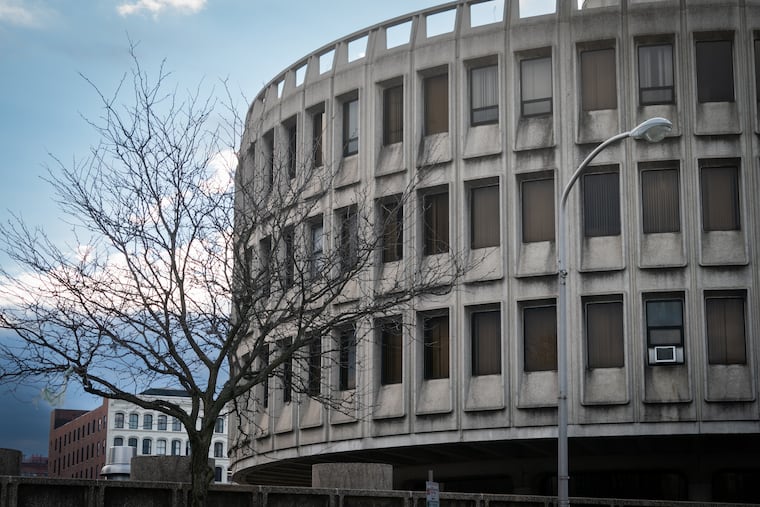Letters to the Editor | Nov. 12, 2024
Inquirer readers on the Roundhouse preservation, beverage tax impact, and the consequences of Donald Trump's policies.

Salvage Roundhouse
If the Philadelphia Historical Commission cannot understand that the Roundhouse is worthy of preservation, it should disband. To paraphrase commission chair Zachary Frankel, I find the group “severely degraded and unusable” as a historical commission. That bad things happened there is no excuse not to protect a historic site or building. Let’s be grateful these guys are not the Alabama Historical Commission (where I once worked), the German Historical Commission, or the Pearl Harbor Historical Commission.
Mark Driscoll, Philadelphia
Accounted for
Supporting unspecified plans to hold the Sixers arena project accountable to the community, a recent letter writer complains there’s been no accountability for other city initiatives, citing the drink tax. I don’t support the Sixers’ plan for the arena, but the writer is wrong about the beverage tax, which helps send thousands of children to high-quality pre-K programs at no cost to their families. It is well-established that enriched early childhood education improves children’s readiness for elementary school success.
After implementation of the tax, public health gains for Philly’s kids include decreased soda consumption among teens and decreased dental decay in young children, according to research from Children’s Hospital of Philadelphia’s PolicyLab and the University of Pennsylvania School of Dental Medicine, respectively. In addition, the beverage tax helps support one of the most innovative community revitalization plans in the country. The Rebuild infrastructure program is renovating scores of public parks, recreation centers, and libraries primarily in areas of the city long neglected, positively impacting children and residents. Seeking accountability? Visit www.phila.gov/documents/rebuild-monthly-reports for data and annual reports.
Judith Silver, Philadelphia
Consequential actions
In a Sunday Opinion column, Luis F. Carrasco discussed with Helen Ubiñas and Sabrina Vourvoulias whether Latino voters delivered for Donald Trump and especially Pennsylvania. Latino support for Kamala Harris was high at 76% in the commonwealth, but not high enough to deliver it into the Democratic camp. The party failed to appeal to other groups, but any Trump vote was a vote against the people in favor of the mega-wealthy companies such as Facebook, Amazon, Google, Oracle, and Tesla. All of them benefited after his election. We are not them.
Like fool’s gold, gains earned from Trump’s paradise may glitter now, but the negative effects will be longer-lasting. His voters want lower prices with proposed tariffs? Too bad. Costs will be passed along to all for goods and services. They want fewer regulations? Breathe deeply from polluted air without the EPA as backup. Complaining about higher prices at the grocery store? Inflation allowed food conglomerates to increase their profits and bottom lines at our expense. France secured sanctions against price gouging on products such as oil, pasta, and poultry. But that’s government regulation. We as a nation need more affordable and plentiful housing. Will Trump build more housing, fulfill our needs like Harris proposed? More than 20 million people are on Obamacare. Will Trump throw millions of people off health insurance? His fool’s promise of a better life lacks substance but comes with plenty of repercussions.
Estelle Samberg, Warminster
Join the conversation: Send letters to letters@inquirer.com. Limit length to 200 words and include home address and day and evening phone number. Letters run in The Inquirer six days a week on the editorial pages and online.